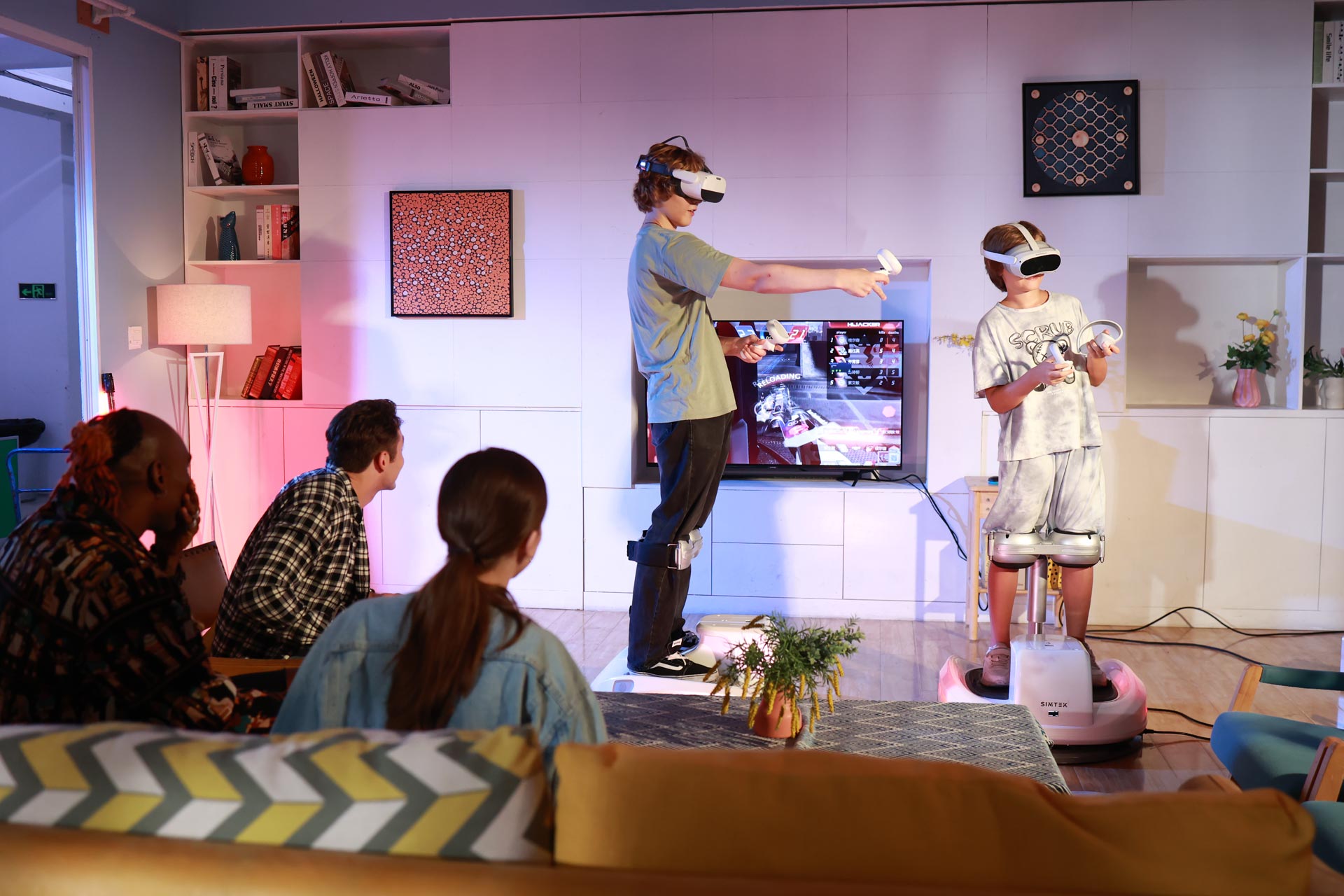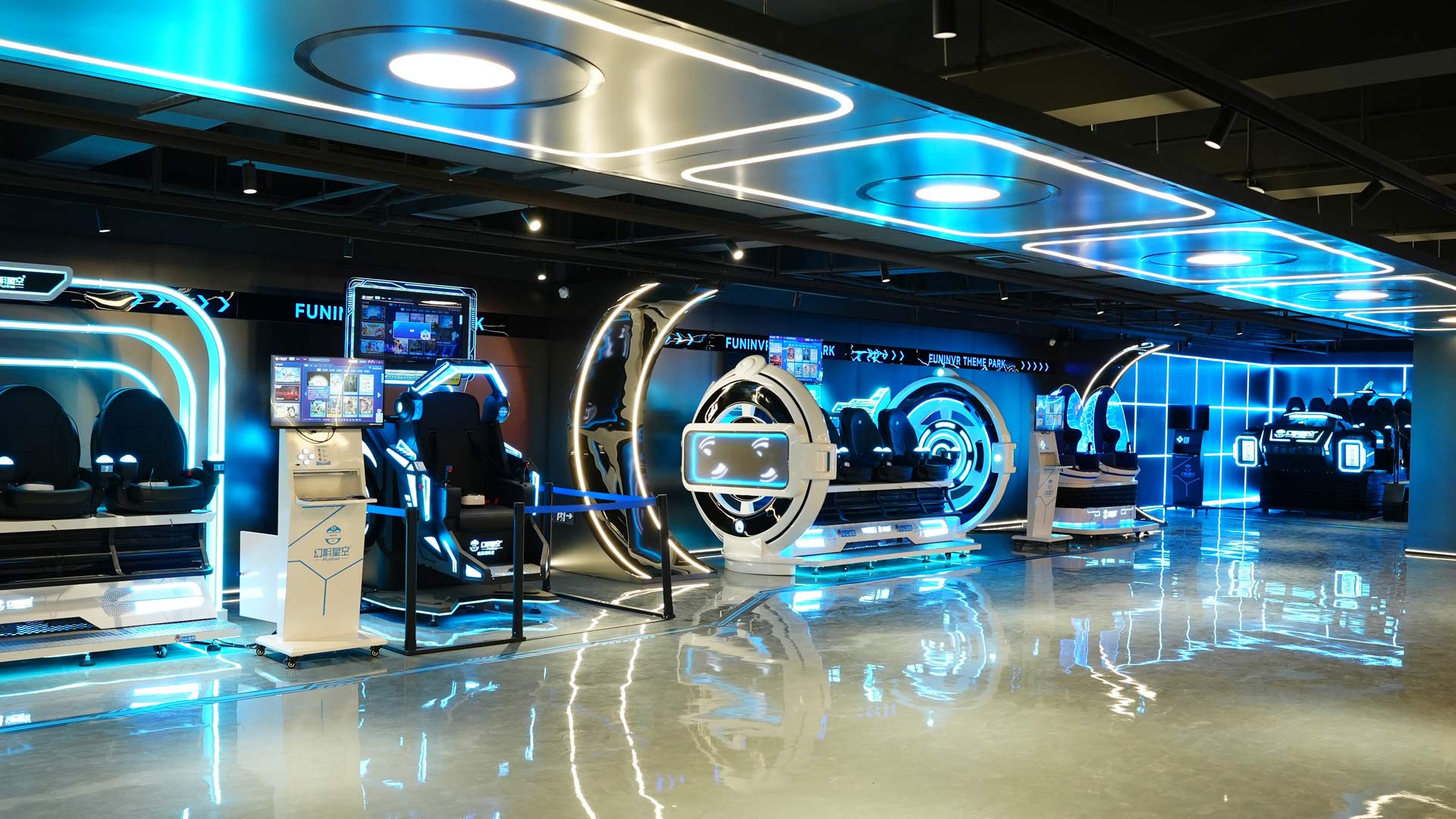Perspectivele tehnologiei VR în industria divertismentului
Tehnologia VR are un potențial enorm în industria divertismentului. As VR technology continues to develop and become more widespread, an increasing amount of entertainment content is beginning to adopt VR technology, offering users a more immersive experience.
Various museums and art exhibitions are starting to digitally reconstruct their venues to provide unique virtual tour experiences and increase interaction with visitors. For example, the Louvre has used VR’s unique features to create entirely new experiences. These tours aim to bring art and culture to life, ranging from simple 360-degree tours to highly immersive experiences. Many art galleries or museums now offer VR tours that allow visitors to closely interact with exhibits, learn about their history and stories, all without the need for travel expenses or standing in long lines.

In the gaming sector, VR technology has already been widely adopted. Players can enter game worlds through VR simulators, interact with characters, and experience a more realistic and immersive gaming experience. În plus, VR technology can be used in virtual reality theme parks, virtual reality cinemas, and other entertainment venues, as well as physical tourist attractions, providing users with new entertainment experiences. For instance, riding roller coasters and water slides with VR-enhanced headsets becomes even more thrilling.
The rapid development of the VR gaming market is driven by the increasing adoption of augmented reality technology by the general public to achieve engaging gaming experiences. VR has revolutionized the gaming industry, with companies now using VR features to attract players more closely and engage new consumers more effectively.

Beyond gaming, VR technology can also be applied in music, film, and sports, providing users with richer and more diverse entertainment content. For example, users can attend concerts, watch movies, or view sports events through Simulatoare VR without being physically present at the location.
Overall, the application prospects of VR technology in the entertainment industry are very broad. It can offer users a richer, more varied, and immersive entertainment experience, while also bringing more development opportunities and innovative spaces to the entertainment industry, such as amusement parks, Parcuri tematice, arcades, fun parks, indoor playgrounds, VR experience stores, etc. With further technological advancements and increased adoption, the application prospects of VR technology in the entertainment industry are expected to expand even further.
 9D VR Simulator Cinema de realitate virtuală De vânzare Parc tematic Furnizor producător
9D VR Simulator Cinema de realitate virtuală De vânzare Parc tematic Furnizor producător